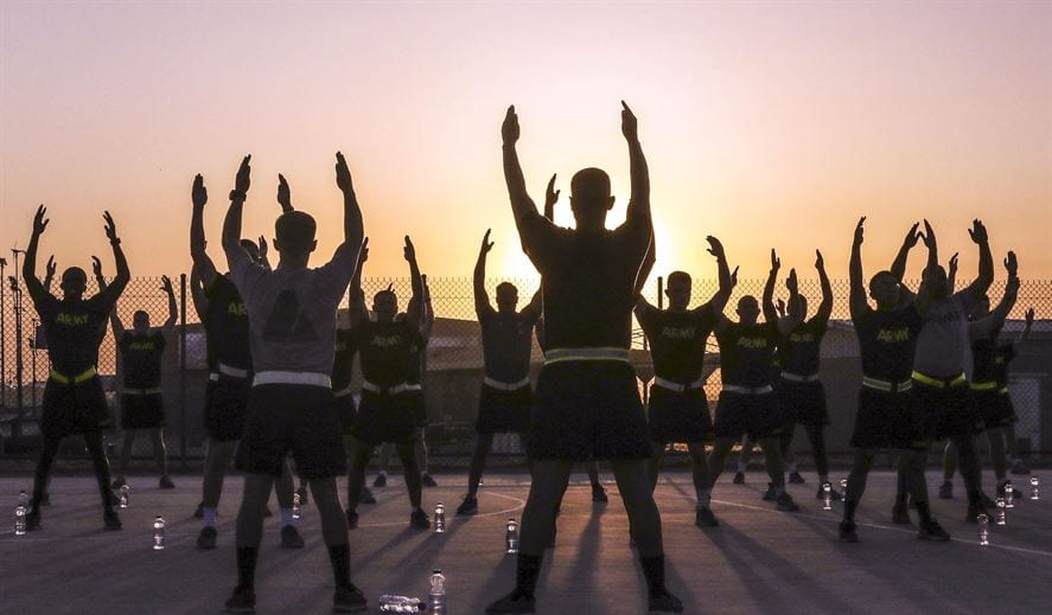WASHINGTON — Twenty-four Republicans joined House Democrats on Thursday to block an amendment to the defense reauthorization bill that would have eliminated transgender service members from receiving any medical services related to gender reassignment.
RAND Corp., which helped the Defense Department with the study that led to the Obama administration decision to let transgender soldiers, sailors, airmen and Marines serve openly, estimated there are 2,500 transgender service members currently on active duty and 1,500 in the reserves. Defense Secretary James Mattis recently approved a recommendation by the service chiefs to delay the acceptance of transgender applicants into the military until Jan. 1, 2018.
Existing service members deemed to be transgender by their doctors became able to fully transition through the military healthcare system under the 2016 policy. Asked if that included hormone therapy or complete gender reassignment surgery, then-Defense Secretary Ashton Carter said that would depend on what doctors determine is “medically necessary.” After legally transitioning to a new gender, then a service member would wear the corresponding uniforms, use the corresponding housing and have to meet that gender’s fitness standards.
It was Mattis who reportedly called Rep. Vicky Hartzler (R-Mo.) personally Thursday to ask that the lawmaker drop her defense bill amendment that would have blocked military coverage of hormone therapy or gender reassignment surgery.
Hartzler didn’t, but her colleagues shot the proposal down 209-214, with 24 Republicans casting “no” votes.
“The job of Congress is to ensure that our military is the most effective, efficient and well-funded fighting force in the world. With the challenges we are facing across the globe, we are asking the American people to invest their hard-earned money in national defense. Each dollar needs to be spent to address threats facing us,” Hartzler said in a statement, arguing the “current policy of providing and paying for transgender surgeries hurts readiness and is projected to cost over a billion dollars over the next ten years.” RAND concluded the would account for “an exceedingly small proportion of DOD’s overall healthcare expenditures,” Carter said last year.
Congressional LGBT Equality Caucus Co-Chairman Jared Polis (D-Colo.) argued that the amendment would have hurt military readiness with “a negative impact on morale, a negative impact on retention” and a policy that would “move us away from the merit-based system which we now have, where we have one set of rules applied to everybody.”
“Voted against #NDAA amendment in order to support transgender service members who fight for our #freedom,” tweeted Rep. Ileana Ros-Lehtinen (R-Fla.), who has a transgender son. “They deserve needed care.”
On the House floor Thursday, Minority Leader Nancy Pelosi (D-Calif.) said the Hartzler amendment was “purposely built to attack the health and dignity of thousands of men and women serving with honor and courage today.”
“Make no mistake, the effect and the intent of this unjust and mean-spirited amendment is to ban patriotic Americans from serving our country,” Pelosi said. “It is designed to drum transgender service members out of the military.”
Minority Whip Steny Hoyer (D-Md.) called it “deeply unfortunate that the House Republican leadership chose to allow this amendment to come to the floor in the first place.”
“I hope today’s vote will send a message to those who seek to deny transgender Americans their equal dignity that the Congress will not abide such discriminatory actions,” Hoyer added.









Join the conversation as a VIP Member